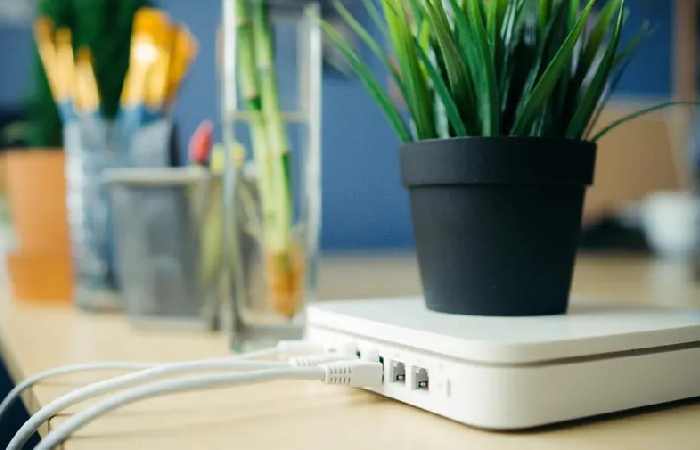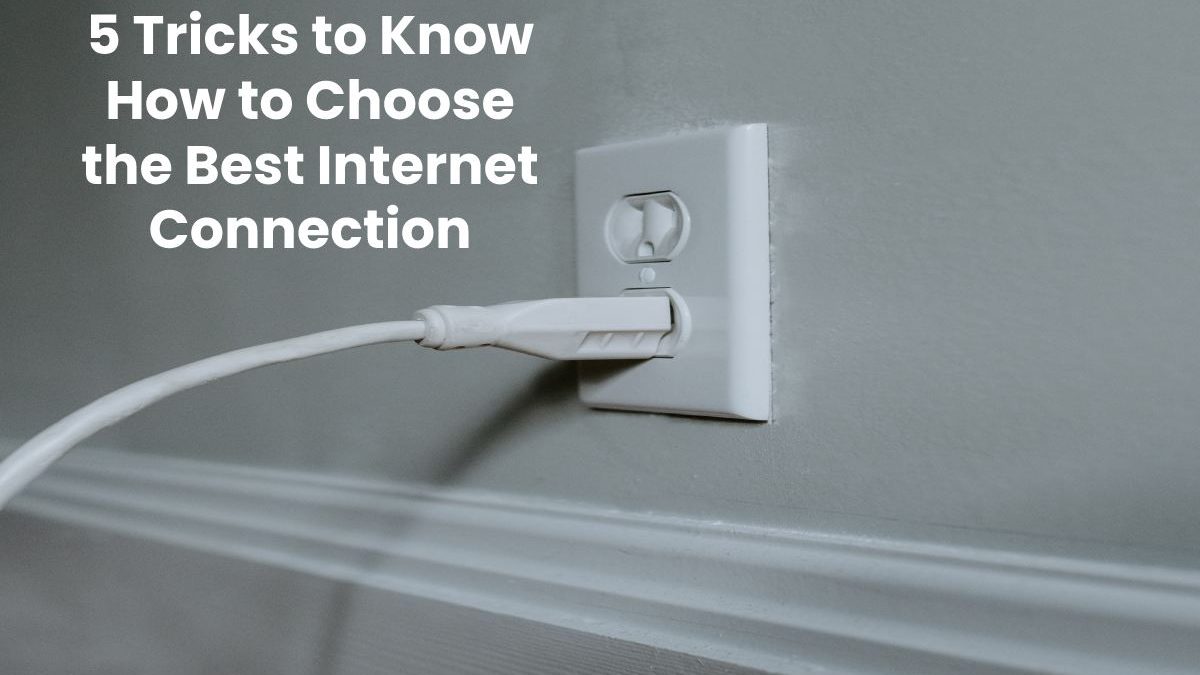Best Internet Connection
Table of Contents
Introduction
One of the first things you need to do when moving into your new home is set up your internet network. But with so many options available, choosing an ISP can be a deceptively complicated process. Here are the facts to consider when selecting the best internet provider for your home.
Which ISP and tariff you choose should depend on what you want to use the Internet for. For example, if you surf the web and check your email, you can probably use the Internet at the lowest speed. Choose a higher-speed Internet option if you stream videos and/or play games.
Consider this: the more people use the Internet simultaneously, the more speed you need. So if you live in a busy, high-tech home, you should go for one of the fastest internet options available. Note that these rates are often subject to change. So if you need more speed than initially agreed, you can probably change it by calling your provider.
The package offer and alternatives available to the user vary depending on the country they locate. Still, regardless of the geographical location, some aspects must be considered when choosing the company that provides the internet service.
1. Define What is Needed
The first step is to govern what you want to do when connecting to the internet.
For example, if it entails a few activities, such as checking emails or watching a YouTube video from time to time, a basic package would be more than enough.
On the other hand, a very powerful connection requires the network to watch movies, series, or play with other people over the internet. That is usually associated with higher costs.
For example, if it is a family of four, it is also advisable to have an effective connection. It wouldn’t be surprising to find four smartphones, a laptop, and a desktop in a case like this.
Suppose all these devices are connected to the internet. In that case, the connection speed and the restrictions on the data limit consumed monthly (which develop below) are very important.
2. Technical Aspects
For Mark James, representative of ESET, antivirus and network security company, several questions should stay asked when selecting an Internet provider.
“The first thing is to determine if they offer a wireless connection. And if so, it is also useful to know how fast it is. Considering the characteristics of modern devices, a Wi-Fi connection that does not take a long time will always be a good option,” As a reference, the uSwitch website, which offers advice to those who want to change their service provider in the United Kingdom, points out that a connection speed of more than 2Mbps (megabits per second, each one equals one million bits) is enough to perform most activities that require the internet comfortably.
“It’s also important to assess whether there is a limit to how many different file types you can download. Realistically, 10 megabytes of download speed would be ideal these days”.
3. Security

Security is essential in these times of hackers and the risks of massive theft of personal information through the internet.
“Ideally, the service provider covers two fronts. The first has to do with protecting the IP address (a unique number that identifies the computer) against possible attacks; in this way, it guarantees that there is no risk to the devices. Of the user, such as computers, tablets or any other”.
“The second -continues Epstein- has to do with emails. The company should offer tools to prevent the client from receiving attached files and addresses of websites that contain viruses”.
Another aspect related to this topic is the “denial of service attack” ( Distributed-Denial-of-Service, abbreviated DDoS, in English), which prevents users from accessing the regularly available resources.
“The technical aspects are important, but their benefits take a backseat if the company that offers the service is the victim of a DDoS, so the company that is selected must be committed to combating this type of attack, so it is worth the It’s worth finding out how they deal with this threat,”.
4. Customer Service
Catastrophe. The internet stops working, and it is urgently necessary to make a payment through electronic banking. How to solve the problem?
“Communication with the company is essential. Does it offer immediate assistance? Or when you call the technical support department, do you listen to recorded messages and end up leaving a message on the responding machine?” TK Keanini, technology director, tells BBC Mundo. of Lancope, a computer company dedicated to evaluating network performance.
He adds: “When there is a problem like this, which can be extremely frustrating for the user, it all comes down to how you deal with these types of incidents and how quickly you can get a solution.”
5. Cost
The price to pay for the service is also an important consideration, no doubt.
The Citizen Advice Office in the United Kingdom offers a list of all the aspects to consider to evaluate and make a decision.
- The value of the monthly subscription.
- Is there a connection cost?
- Are the necessary equipment for the service operation, such as the modem, included in the price to pay or do they have to be purchased separately?
- What does the package they offer you include? Email, own website, for example? If so, do you need it? If not, it is preferable to consider another option because those services could unnecessarily increase costs.
- Are there additional charges that vary depending on the payment method preferred?
- Does the technical support service and antivirus and security tools like that have an extra cost?
- The conditions of the contract and the duration of the contract must also remain carefully analyzed.
Also Read: Electric Vehicles – Categories, Working, Uses, Importance, and More

